
Bitcoin (BTC) is a digital currency created in 2009 by an anonymous person or group of people using the alias Satoshi Nakamoto. It is the first decentralized digital currency, as the system works without a central bank or single administrator.
The Bitcoin network is designed to mathematically generate no more than 21 million Bitcoins and the network is set up to regulate itself to deal with inflation. Bitcoins can be spent by initiating a transfer request from a Bitcoin address in the customer's wallet to a Bitcoin address in the vendor's wallet.
A Bitcoin transaction is a digital signature that is created using the private key of the sender. A transaction is a file that says, “Bob gives X Bitcoin to Alice” and is signed by Bob's private key. It's basic public key cryptography, nothing special at all. After signed, a transaction is broadcasted in the network, sent from one peer to every other peer.
A Bitcoin transaction is usually confirmed within 10-20 minutes, through a process called mining. Mining is a distributed consensus system that is used to confirm pending transactions by including them in the block chain. It enforces a chronological order in the block chain, protects the neutrality of the network, and allows different computers to agree on the state of the system.
In order to be confirmed, transactions must be packed in a block that fits very strict cryptographic rules that will be verified by the network. These rules prevent previous blocks from being modified because doing so would invalidate all the subsequent blocks. Mining also creates the equivalent of a competitive lottery that prevents any individual from easily adding new blocks consecutively in the block chain. This way, no individuals can control what is included in the block chain or replace parts of the block chain to roll back their own spends.
In order to incentivize the confirmations, the confirmations that are included in the block chain are rewarded with a certain number of Bitcoins. This is how Bitcoins are created. Currently, a winner is rewarded with 12.5 Bitcoins roughly every 10 minutes.
The Bitcoin network can already process a much higher number of transactions per second than it does today. It is, however, not entirely ready to scale to the level of major credit card networks. Work is underway to lift current limitations, and future requirements are well known. Since inception, every aspect of the Bitcoin network has been in a continuous process of maturation, optimization, and specialization, and it should be expected to remain that way for some years to come.
As traffic grows, more Bitcoin users may use lightweight clients, and full network nodes may become a more specialized service. For more details, see the Scalability page on the Wiki.
The Bitcoin network can already process a much higher number of transactions per second than it does today. It is, however, not entirely ready to scale to the level of major credit card networks. Work is underway to lift current limitations, and future requirements are well known. Since inception, every aspect of the Bitcoin network has been in a continuous process of maturation, optimization, and specialization, and it should be expected to remain that way for some years to come.
As the network of bitcoin users grows, waiting times will become shorter because there are more transactions to process without a need to modify the software in the future. As a general rule, it is hard to imagine why any Bitcoin user would choose to adopt any change that could compromise their own money.
The Bitcoin network is designed to mathematically generate no more than 21 million Bitcoins and the network is set up to regulate itself to deal with inflation. Bitcoins can be spent by initiating a transfer request from a Bitcoin address in the customer's wallet to a Bitcoin address in the vendor's wallet. This transfer is facilitated through the use of a Bitcoin channel, which is a secure and encrypted connection between two parties.
A Bitcoin channel is an off-chain payment channel that is used to facilitate transactions between two parties without having to broadcast the transaction to the entire Bitcoin network. This allows for faster and cheaper transactions, as the parties can make multiple transactions without having to pay the transaction fees associated with broadcasting a transaction to the network. Furthermore, the transactions are secured by the Bitcoin network, ensuring that the funds are safe and secure.
In order to open a Bitcoin channel, both parties must first agree on the terms of the channel, such as the amount of Bitcoin to be transferred and the duration of the channel. Once the terms are agreed upon, a multi-signature wallet is generated, which requires both parties to sign off on any transaction. This ensures that both parties are in agreement before any funds are transferred.
Once the Bitcoin channel is opened, the two parties can then make multiple transfers of Bitcoin without having to broadcast them to the network. This allows for faster and cheaper transactions, as the parties only need to pay the transaction fees associated with the initial opening of the channel. Furthermore, the transactions are secured by the Bitcoin network, ensuring that the funds are safe and secure.
In conclusion, Bitcoin channels are a secure and efficient way to transfer Bitcoin between two parties. They allow for faster and cheaper transactions, as the parties only need to pay the transaction fees associated with the initial opening of the channel. Furthermore, the transactions are secured by the Bitcoin network, ensuring that the funds are safe and secure.

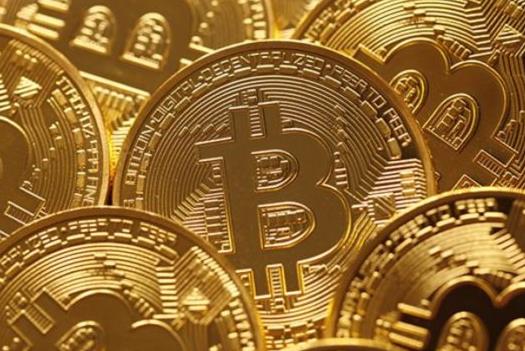
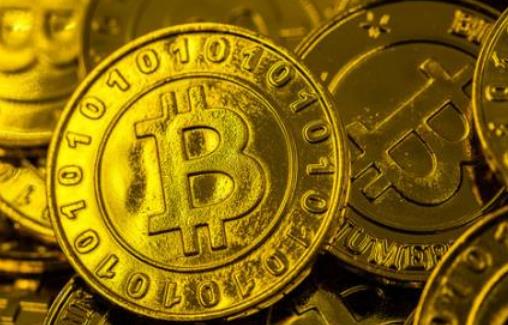

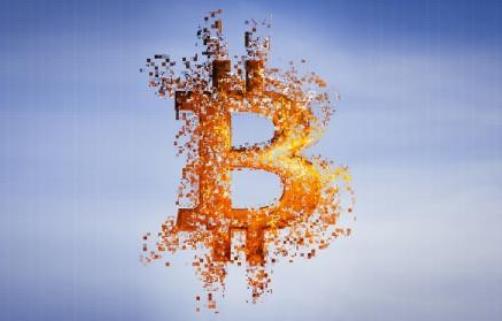
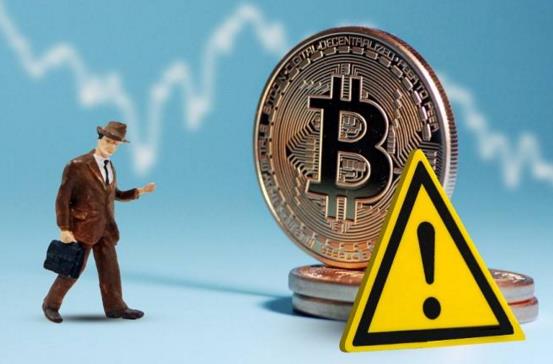
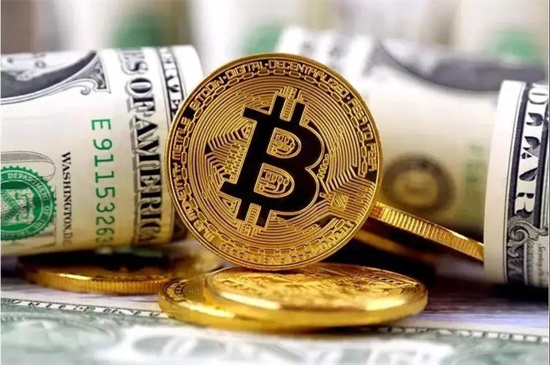
 微信咨询
微信咨询
